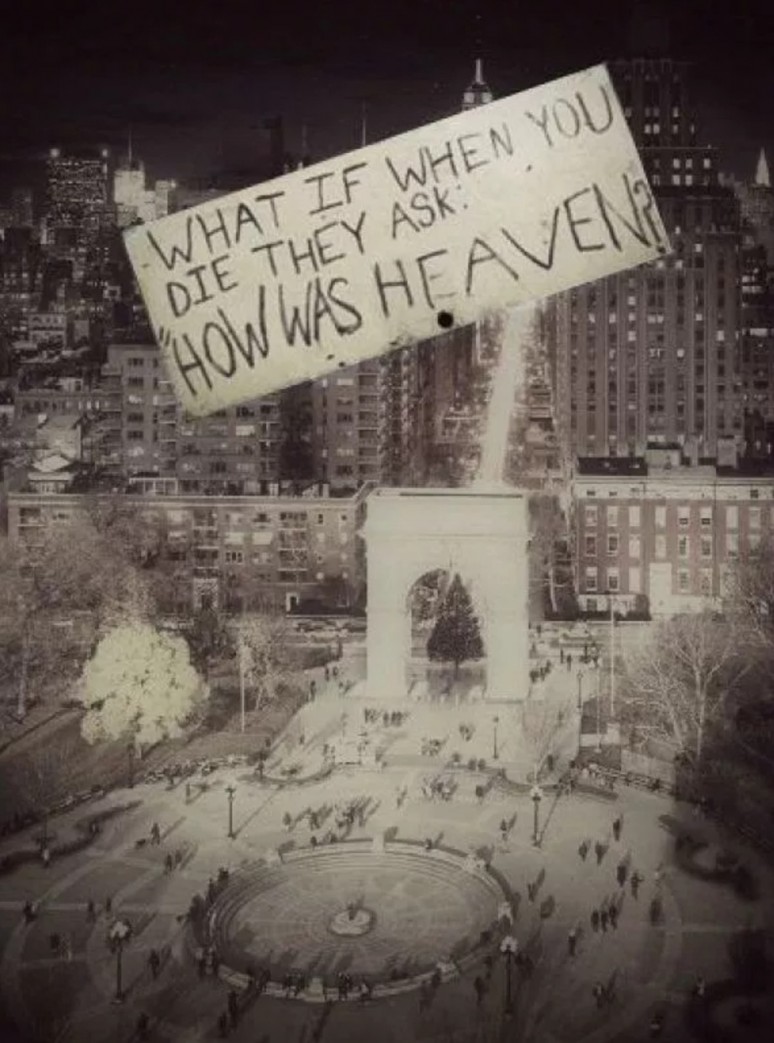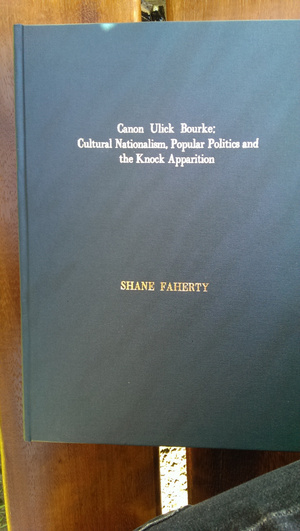Category Archives: Philosophy
Who Are You?
atA pleasingly Zen short by motion designer Alex Barnet. Food for thought. To wit:
The Headless Way is a collection of philosophies and meditations by the late great Douglas Harding on the subject of the true nature of the self. I collaborated with his protégé Richard Lang to create this short video which gives a small taste of Harding’s understanding of the nature of the self through the lens of distance and observation.
A timely feature from The School Of Life. To wit:
Emotional maturity isn’t just something we can achieve in the good times. It’s a quality that can accompany us through the deepest crises. A key idea to keep in mind is that it isn’t chiefly what happens to us that affects our lives, it’s how we learn to think about what has happened – and that, fortunately, is very much within our control.
Previously: All Together Now
An After Skool whiteboard illustration featuring a the words of the late British philosopher and writer Alan Wilson Watts (1915-1973). To wit:
…best known as an interpreter and populariser of Eastern philosophy for a Western audience, his philosophies seem to transcend ego, politics and limitations. His monologues have a powerful way of connecting distant abstract ideas with the present moment and his words have a unique way of putting life into perspective. Life is a gift.
A short film by Fritz Schumann about the ascetic Yamabushi mountain hermits of Japan who practice a once forbidden religion. To wit:
While their tradition is at risk of disappearing, it offers a way for those seeking a different path in Japan’s society.Walking barefoot through rivers, meditating under waterfalls and spending the nights on mountaintops — that is the way of the Yamabushi.
Self Help
at Existential notions of love, love and self-doubt presented as hand-painted self-help titles by Copenhagen-based artist (and practicing psychotherapist) Johann Deckmann.
Existential notions of love, love and self-doubt presented as hand-painted self-help titles by Copenhagen-based artist (and practicing psychotherapist) Johann Deckmann.
Ikigai
atWhat If?
at
Shane Faherty, from academia/humanities blog Modern Distortions, discussing the disappointments of pursuing a Ph.D., the attitudes towards Ph.Ds in the post-austerity jobs market, and the inevitable trudge through call centres.
“When, at the age of 30, I started a Ph.D. in history in University College Cork I was pursuing a passion. Nobody does a Ph.D. in humanities for monetary gain, however, I did think that my employment prospects would be improved somewhat.
Little did I think that upon completion, four and a half years later, I would be facing into a year and a half of unemployment, underemployment and precarious employment where on two separate occasions I would find myself working in call centres.
The week I submitted my doctoral thesis in April 2015 my wife and I discovered we were expecting our first baby. The following week I was in the dole office. I didn’t expect to be there.
This should have been the most exciting time of my life. However, the multiplicity of feelings I was experiencing were underpinned by exhaustion and uncertainty. When I tried explaining why I was there tears welled up. The lady behind the counter told me to take my time. I told her I hoped this would only be temporary arrangement.
I applied for jobs. All sorts of jobs. I wasn’t expecting to get an academic position overnight but I thought I would get something that was halfway decent. I spent hours on some applications, days on others.
I didn’t even get an interview for any teaching or research positions but what was more surprising was my lack of success in applying for other work which I was more than capable of doing. It seemed the private sector weren’t falling over themselves to hire historians.
I got some occasional hours invigilating exams and doing instructional design work in UCC but nothing that lasted more than a few weeks. I graduated at the end of October, my family came down and it was a nice day, but underlying everything was a sense of anxiety. I still didn’t know how we were going to manage.
With our baby due in December I needed any kind of work fast. I applied for a temporary customer service role with Amazon in their Cork contact centre. This centre serves the UK marketplace. Seasonal work in Amazon is sort of an institution for a certain demographic in Cork.
My team were a mixed bunch and mostly overqualified. There was one other person with a doctorate but also a medical doctor, a computer programmer, a poet, a musician, a sports therapist and a variety of other people who really shouldn’t have been there.
They were a good bunch. Science fiction was openly discussed and critiques of consumerism were part of the daily routine…”
More here: Confessions of a Call Centre Academic by Shane Faherty



















